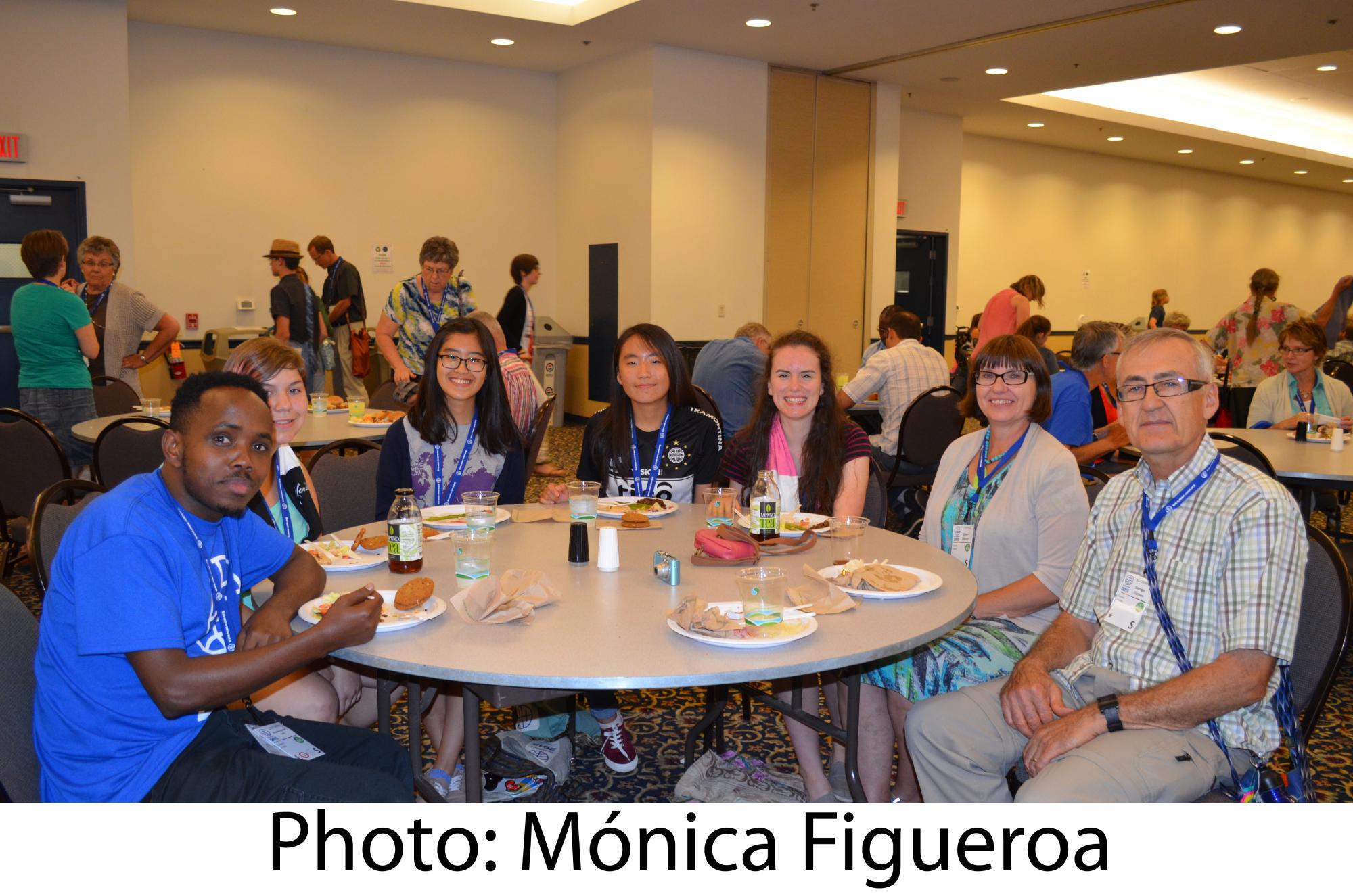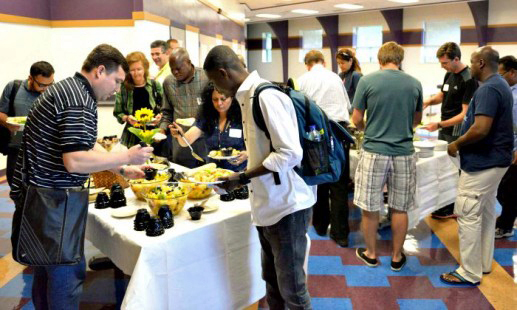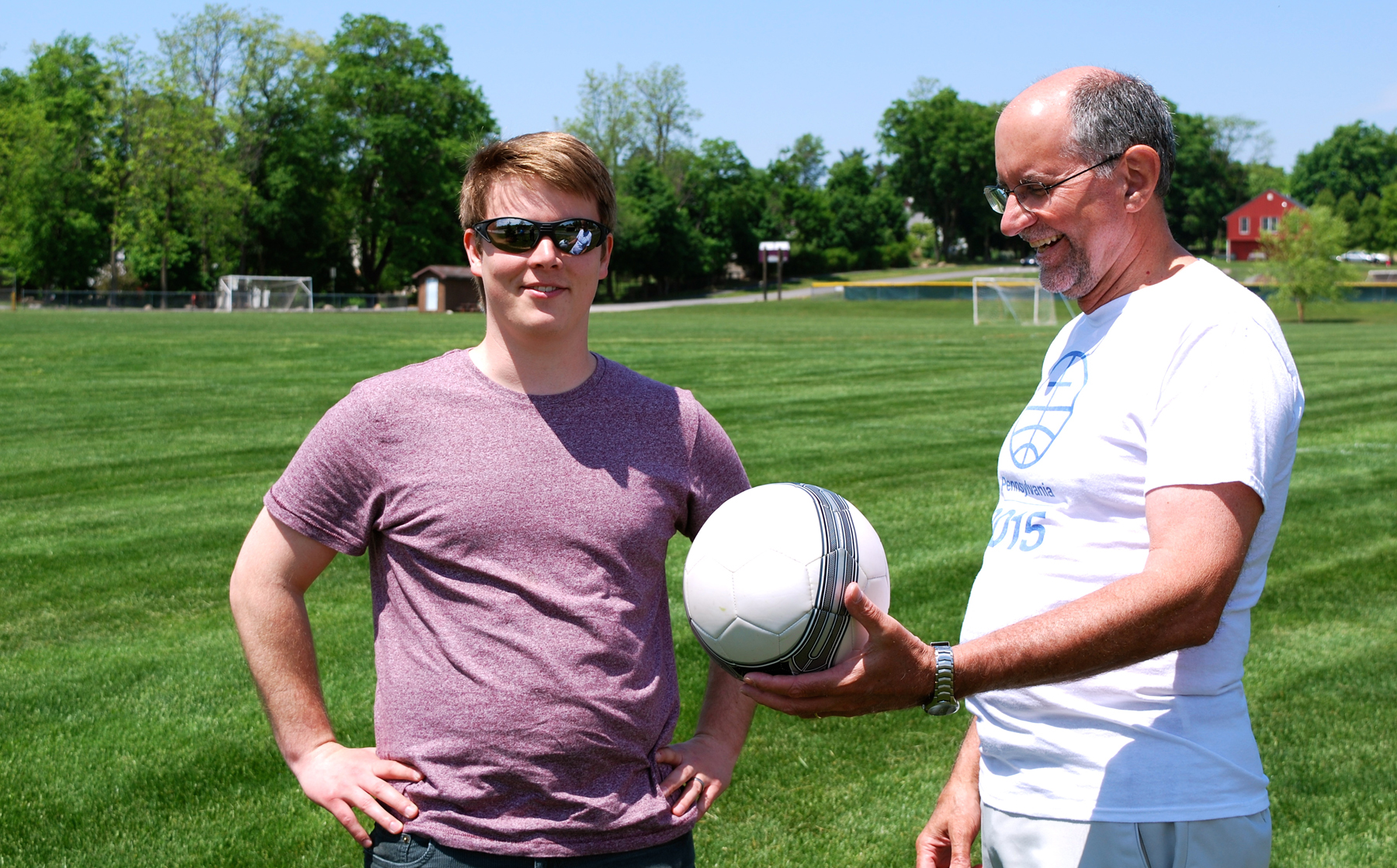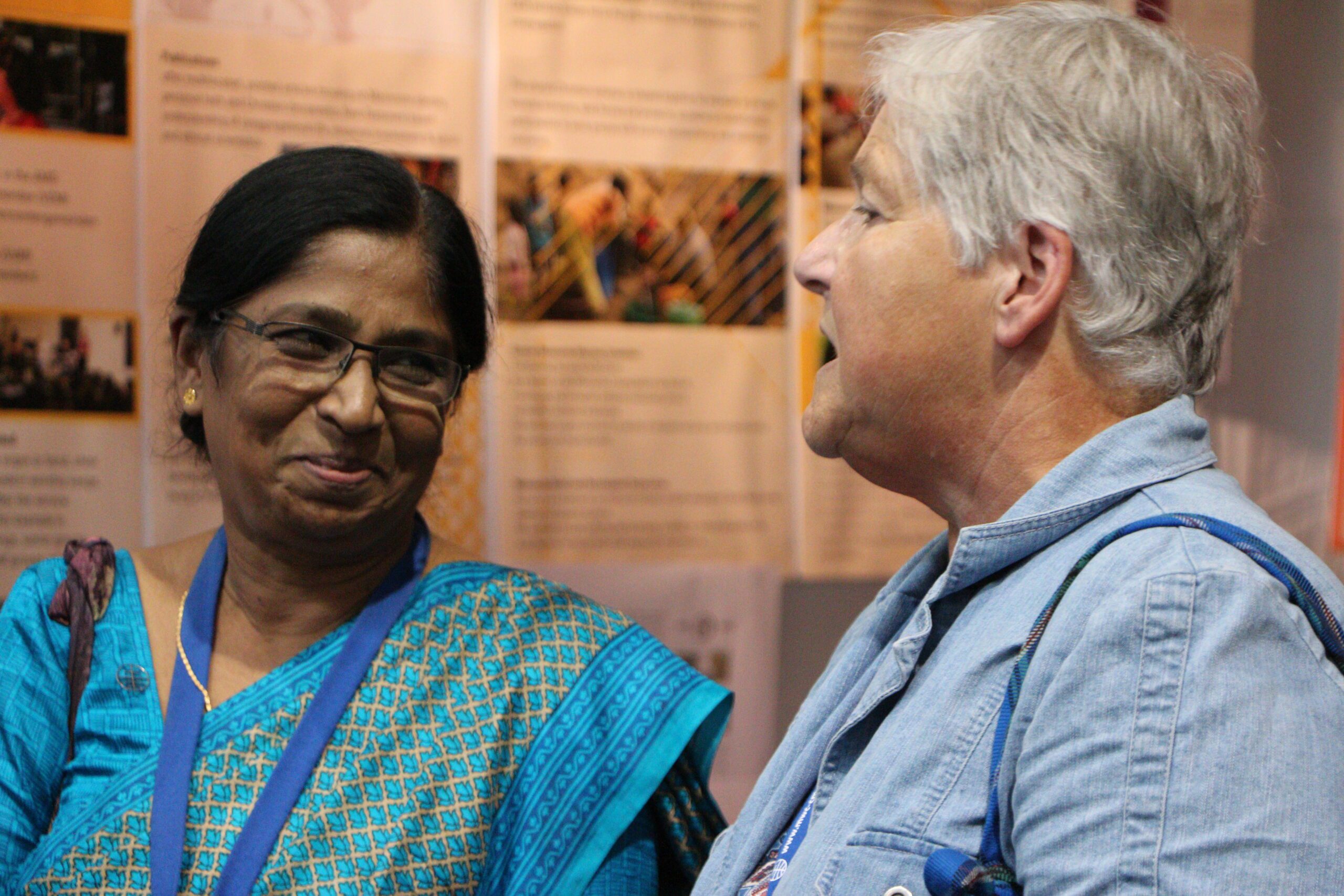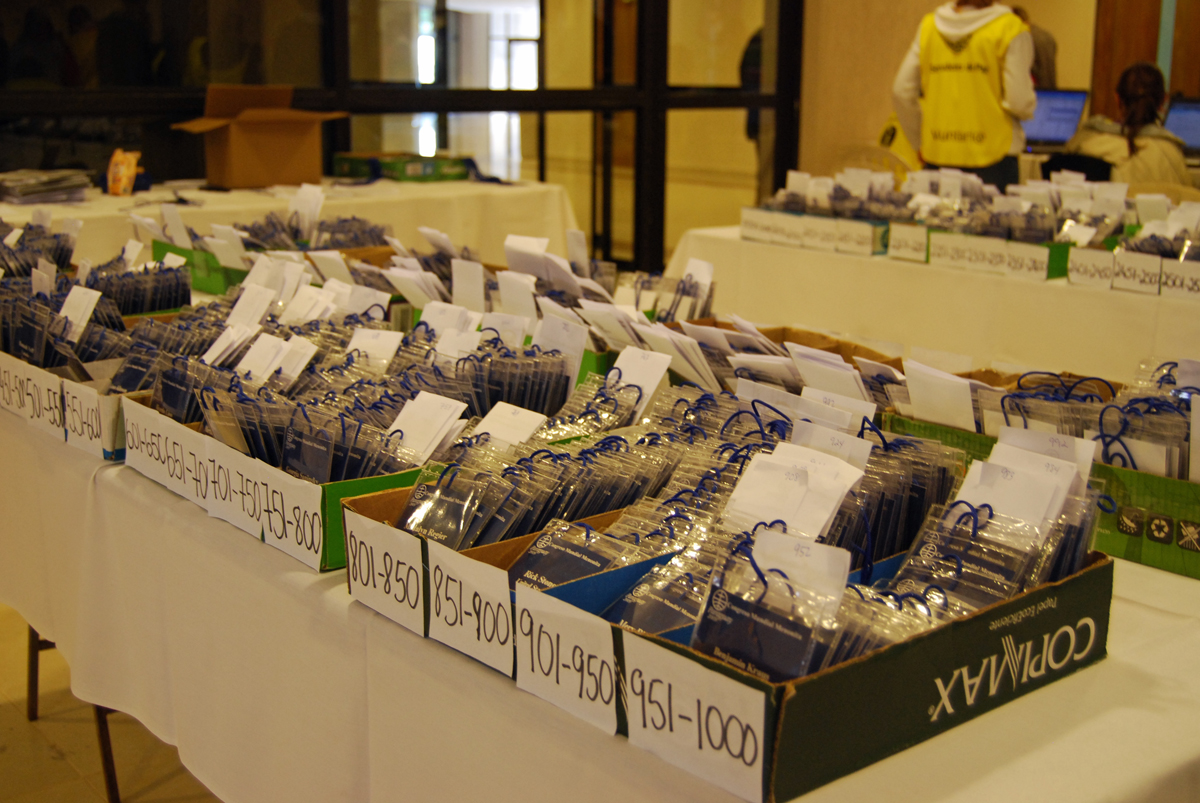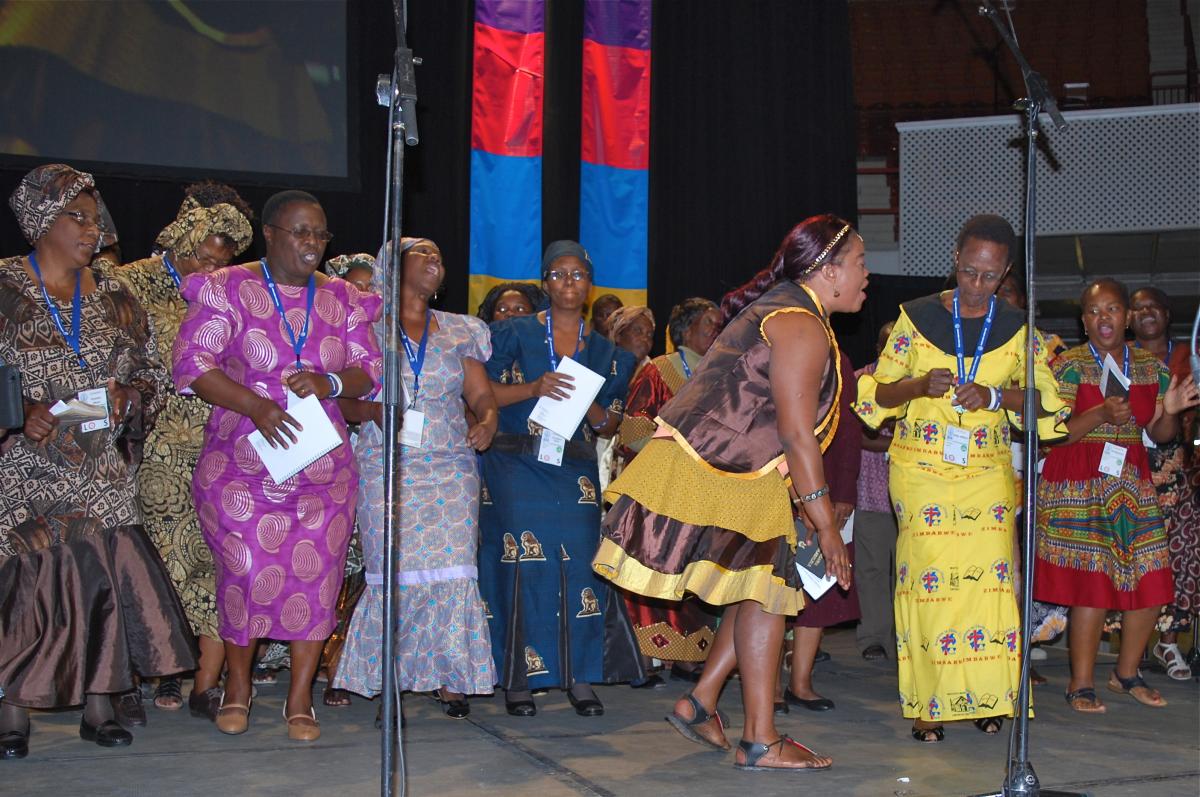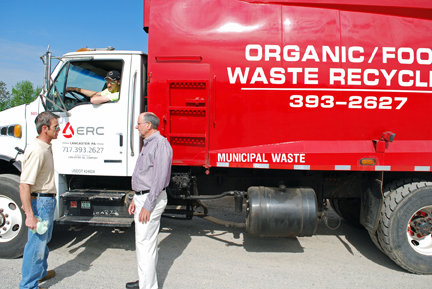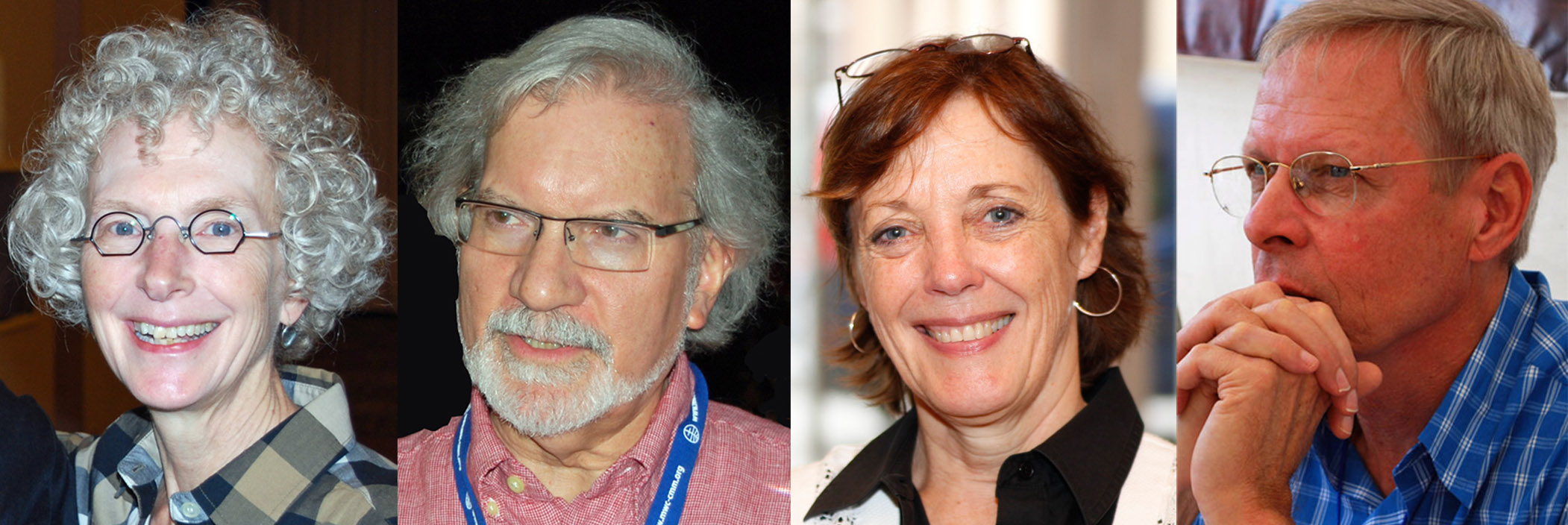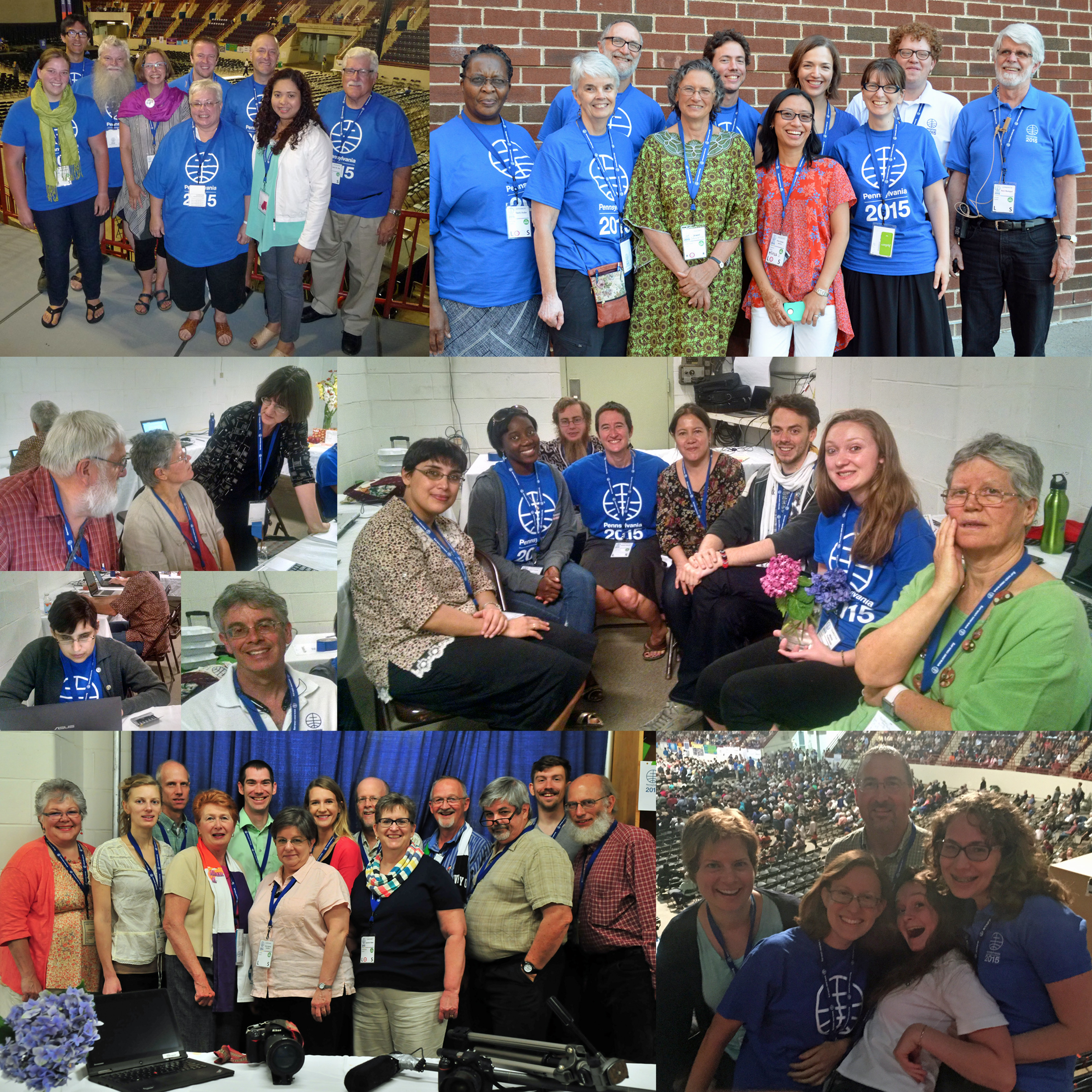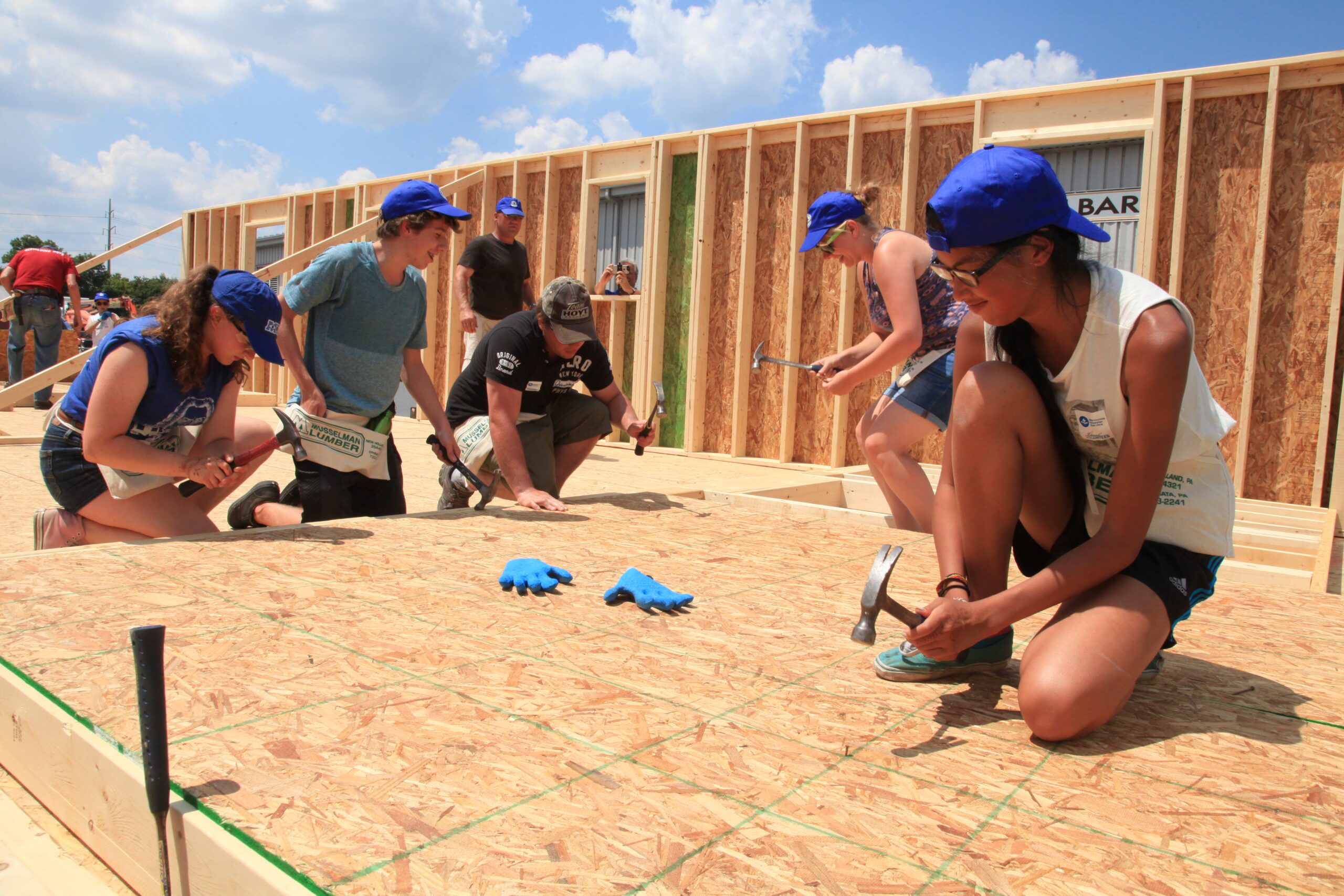-
Courier 2015 / 4 October
Author advisory PA 2015 plenary speaker Bruxy Cavey resigned 3 March 2022 from The Meeting House, Oakville, Ontario, Canada, a member of Be In Christ Church of Canada, MWC member church. The congregation’s Board of Overseers requested his resignation after a third-party investigation determined he had a sexual relationship that “constituted an abuse of
-
A deeper shade of green: Waste reduction measures at PA 2015
Winnipeg, Canada – Mass events can leave behind a mountain amount of trash. But at Mennonite World Conference’s 16th Assembly in Harrisburg, 21–26 July 2015, the management of garbage was an expression of worship to God the creator. Assembly organizers “decided early on that we would attempt to make the conference environmentally friendly to the degree that
-
Like a tree planted
Anabaptist Educators from around the world gather for the Global Education Conference Lansdale, Pennsylvania, USA — Like a Tree Planted: Anabaptist Spirituality in Education, the Global Education Conference of Mennonite World Conference attracted more than 100 Anabaptist educators and leaders from 13 countries around the world. Anabaptist spirituality is “a pedagogy of transformation,” said John
-
First ever Anabaptist World Cup set for PA 2015
Harrisburg, Pennsylvania – The first ever Anabaptist World Cup will be played on the afternoons of July 22, 23, 24, and 25, as an optional recreational event during PA 2015, the Mennonite World Conference Assembly. The matches will take place at Logan Field, a community soccer field near Dillsburg, PA, about a 25-minute drive from
-
Dutch group awards MWC Deacons Commission chair
Anne Zernike was the first Mennonite woman ordained in the Netherlands, possibly in Europe and “even maybe in the world,” said Christien Duhoux-Rueb. She and Coot Winkler Prins, pastors from the Netherlands, highlighted Zernike at a workshop and with an award at PA 2015. Ordained at the Mennonite church in Bovenknijpe in 1911, Zernike was
-
Registration to stay open until Assembly; several options change after July 1
Harrisburg, Pennsylvania, USA – Organizers for the 21-26 July Mennonite World Conference Assembly announced recently that registration will remain open until Assembly, but only the following options are available online beyond 1 July: full time/shared registration without the meal plan for clusters 1 and 2, and part time registration. After 1 July, online registration for
-
Blessings and challenges for the PA 2015 Visa process
Harrisburg, Pennsylvania – The need for many to get visitor’s visas to the USA, to attend the Pennsylvania 2015 MWC Assembly in Harrisburg, has long been a concern for many planners and participants. For more than a year, the MWC Visa Task Force (VTF) has been making preparations. Now that it is April 2015, and
-
PA 2015 will be green!
Harrisburg, Pennsylvania – “PA 2015 will be green,” says Howard Good, National Coordinator of the Mennonite World Conference Assembly, to be held July 21-26 at the massive Farm Show Complex (FSC) in Harrisburg. Good had just received word that expenses for the green endeavour will fit the projected budget for the global event. Owned by
-
Departing staff and volunteers recognized at dinner event
Harrisburg, Pennsylvania, USA – At a dinner event immediately following the 21-26 July 2015 Assembly, Mennonite World Conference general secretary César García expressed appreciation to a number of staff members who are ending their work involvement with MWC. Merle and Phyllis Good were recognized for their service as communication consultants and fundraisers. Over the past
-
Visa efforts continue for PA 2015 hopefuls
Harrisburg, Pennsylvania, USA – Applying for a visa to enter the U.S. is serious business for many internationals hoping to attend PA 2015, the Mennonite World Conference (MWC) Assembly to be held here July 21-26. A Visa Task Force – with two members on the ground in Africa, one who moves between Africa and North
-
PA 2015 goes on and on
Harrisburg, PA, USA – A dedicated team of staff and volunteers captured images, videos and stories during Mennonite World Conference’s 16th Assembly in Harrisburg, Pennsylvania, USA, 21–25 July 2015. Visit pa2015.mwc-cmm.org to re-live your PA 2015 participation or to experience it for the first time. Meet people like Sushant Nand, a man who tried his
-
Doing something about faith
MDS house build at Mennonite World Conference Assembly erects homes in 5 days Harrisburg, Pennsylvania, USA – Pounding nails may be the last activity one might expect at an international church convention, but for many at the Mennonite World Conference’s PA 2015, it was a perfect fit. Every afternoon, just outside the air-conditioned halls of
